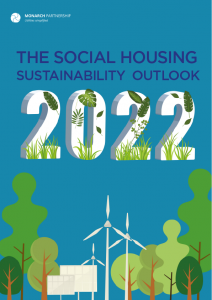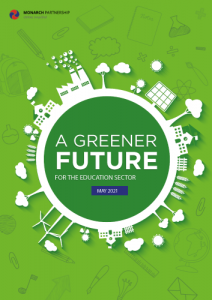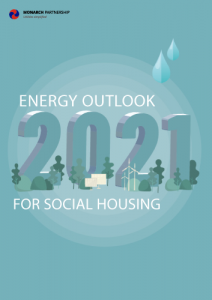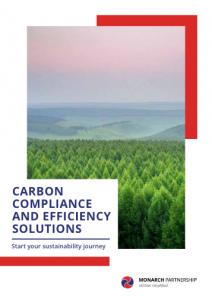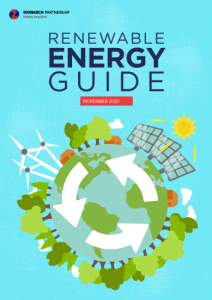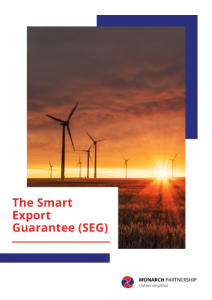On March 11th Rishi Sunak revealed his first Budget as Chancellor. Speaking at the House of Commons he publicised the government’s annual tax and spending plans in what was a Budget very much overhauled by a pressing need to tackle the spread of coronavirus.
Up until mid-February this year it looked likely to be a run-of-the-mill Budget announcement full of the usual patter; however, following the tempestuous resignation of former chancellor Sajid Javid, followed by a global viral disease, suddenly we were faced with a newly appointed Chancellor trying to balance the making of a good political impression and satisfying the fiscal requirements of all sectors and industries, with the mitigation of a disease that is sweeping across the world threatening global health and economics. Not easy.
It left us in a situation where on one hand Sunak was ensuring subsidy for self-isolation in the face of coronavirus, whilst on the other hand prolonging the future of the Great British boozer.
The familiar Chancellor suitcase has become a big red first aid kit for the treatment of our people and economy, but as ever, we like to focus on the industries that affect our clients: energy, sustainability, housing and local authorities. The key points from each of these are detailed below.
Energy
- Climate Change Levy: Increased tax for gas producers and freezing tax on clean electricity to redress the balance
- Support to energy-intensive sectors to deal with changes
- Levy-funded support for biomethane production
- Funding for the energy innovation fund will rise to £1bn
- £500m for the roll-out of rapid charging hubs for electric vehicles
- Nuclear Fusion, space and electric vehicles among the categories that a new £900m fund will contribute to
- £96m funding for the final year of the Heat Networks Investment Project
- £270m for a new Green Heat Networks scheme
- The new allocation of flexible tariff guarantees to the Non-Domestic RHI
- Government to Consult on Heat pump and biomass boiler investment through new grant scheme for households and small businesses
- 800m for at least two carbon capture storage clusters by the mid-2020s and 2030s respectively
- Support for the construction of UK’s first CCS power plant
- Undisclosed funding for commercialising nuclear fusion technology.
- Government to at least double the size of the Energy Innovation programme
 Sustainability and the environment
Sustainability and the environment
- Red Diesel – used in off-road vehicles – to have subsidies removed in two years’ time for “most sectors” but will remain for farmers and rail operators
- As of April 2022, there will be a plastic packaging tax
- £200 per tonne charge for products made from less than 30% recyclable material
- Doubling in flood defence investment to £5.2bn over the next five years
- £120m emergency relief for communities affected by recent flooding
- £640m funding to protect natural habitats, which includes the planting of 30,000 hectares of new trees
Housing and local authorities
- £12bn Affordable Homes Programme
- £1bn for removal of unsafe cladding from buildings via Building Safety Fund
- £650m to permanently house rough sleepers – an extra 6,000 places to be available
- £400m for housebuilding on brownfield sites
- Promise to announce measures to change the planning system
- Housing is part of £600bn spending figure along with roads, rail and broadband
- Stamp duty surcharge for foreign buyers of properties in England and Northern Ireland to be levied at 2%
- Temporary removal of minimum income floor in Universal Credit
- New £1.8bn devolution deal for West Yorkshire
Whilst there was a large emphasis on the coronavirus response, there is a lot to be encouraged by in Rishi Sunak’s first budget. On the other hand, the usual exclusions and contradictions, such as the emphasis on green investment without ending fuel duty freezes or cutting spending on roads, are still present. As ever with The Budget, what’s inside the red briefcase is not set in stone and things can change, only time will tell if the new chancellor will come good for energy, green infrastructure, housing and communities.
In the meantime, we can always reduce energy bills, regardless of what the government do. Get in touch to find out how.








